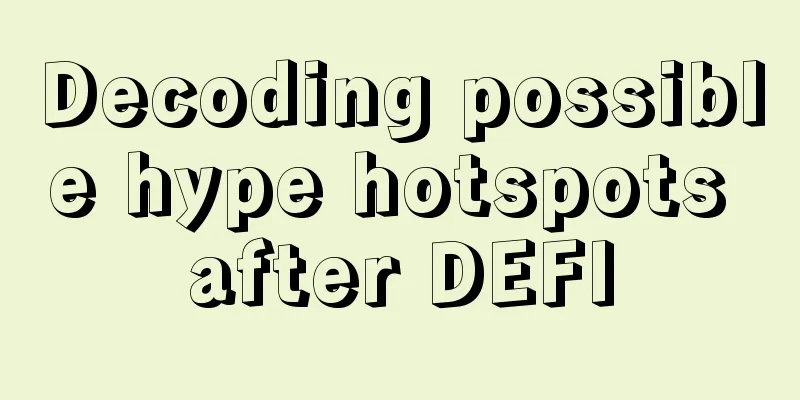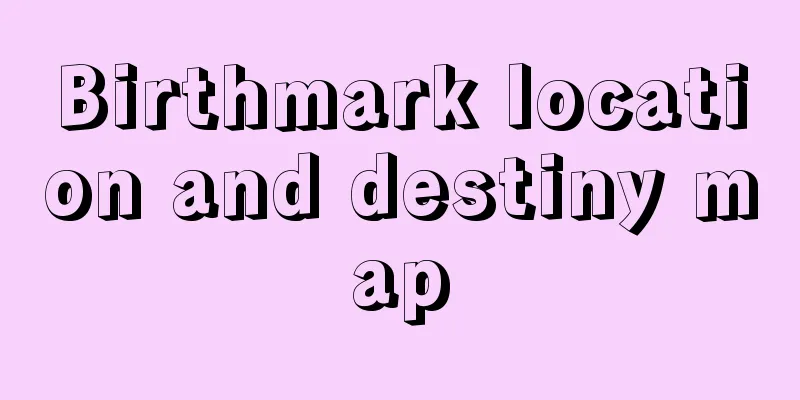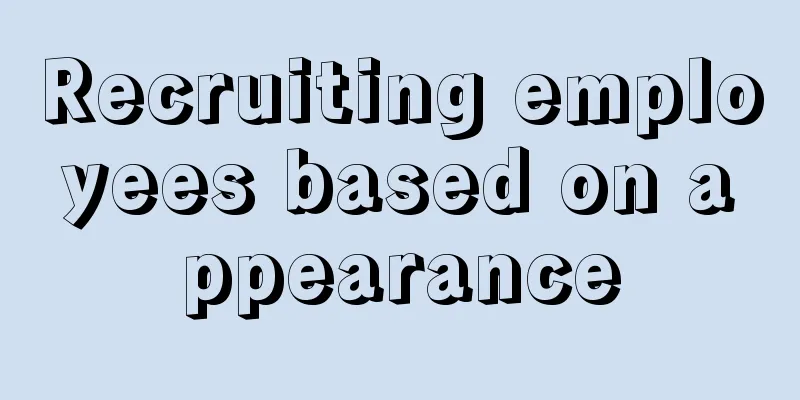Australian Stock Exchange to Become Global Leader in Blockchain Technology

Translation: Nicole Speaker: How does blockchain technology serve CBA? How can decentralized blockchain technology help the world's nine largest banks, including Australia's CBA, Barclays, and JP Morgan, operate more efficiently? Blythe Masters is confident that Australia will build the world’s first database to solve stock trading problems, saving brokers tens of billions of dollars in back-office system costs. The famous former JPMorgan banker, who now runs a New York-based blockchain startup with an ASX stake, said distributed ledger blockchain technology in financial services “may be the most important idea I’ve come across in 30 years.” She told ASIC's annual forum in Sydney on Tuesday:
Blockchain technology, or distributed ledgers, is a network of computers where everyone has the same data about transactions. The ledgers are automatically synchronized, providing a single source of information for network members. This is the same technology as the cryptocurrency Bitcoin, which does not require a third party to mediate transactions. Ms Masters said:
The ASX said it would lose almost $90 million in annual revenue from clearing and settlement services if the technology was adopted, something Ms Masters was keen to see. Excellent planner of credit default swaps Blythe Masters In January, the ASX paid $14.9 million for a 5 per cent stake in Ms Masters's company Digital Asset Holdings, which also works with ANZ Banking Group and other global banks and market operators. Ms. Masters played a key role at JPMorgan Chase, creating the modern default swap system before rising to become chief financial officer of JPMorgan's investment bank and head of global commodities. She said:
This is mainly due to the cumbersome reconciliation process, as each market participant has to reconcile their trading records with everyone else's. Billions of dollars wasted But Ms Masters said if you had a record that represented true transaction history or customer data or identity or registration, “you have the opportunity to remove layers of inefficiencies in post-trade processes that waste costs, consume jobs, cause delays and increase risk. Former ASX chief executive Elmer Funker Kupper, who was forced to resign from the ASX on Monday, told the Australian Financial Review Business Summit last week that the new technology could cut $4 billion to $5 billion a year in costs of running the stock market.
The ASX said it had decided to work with Digital Asset on the project, led by Funke Kupper's successor, and would decide next year whether to take the technology halfway. ASX deputy chairman Peter Hiom said the ASX was "the first exchange to say we wanted to do a large-scale market operation", but the exchange did not want to "take the risk or be different from other exchanges" and wanted to work towards standards that worked together. Banks see 'really cool opportunity' Australia is optimistic about blockchain reducing costs “When we look at the possibilities of blockchain technology and what we can do to change operating costs and securities fundamentals, there is a lot of back-office management systems around reconciliation that can be reduced to save money, and that’s a really great opportunity for us,” said Australian Federal Group managing director and ASIC annual forum panelist, Ms Masters. Ms Masters said global banks were considering the technology due to pressure on equity returns, which were shrinking while costs and funding levels were rising. Blockchain technology “is becoming a technology that is in high demand in the industry”. She said:
She said one of the main challenges for the technology is deciding on common standards, but pointed to the Linux Foundation’s Hyperledger project, which is paving the way for blockchain technology with the help of global tech giants IBM, Intel and Cisco. CBA's Ms Spring said the bank was waiting for those standards to be developed, but "once we have them, there will be more sharing in terms of technology collaboration and development than there will be in terms of non-tech embedded people.
|
<<: Analysis of different regulations on digital currency in various US states
>>: Kazakhstan’s Central Bank Seriously Considers Issuing Its Own Bitcoin
Recommend
Where is the beauty mole? Is the fate of people with beauty moles good?
The concept of beauty mole has existed since anci...
What does JPMorgan Private Bank think about Bitcoin?
The magical network effect makes the value genera...
Is a woman with a mole on her thigh a good person? What does a mole on a woman's thigh mean?
Everyone has moles on their body to a greater or ...
The 12th House of Physiognomy: The House of Brothers
The 12th House of Physiognomy: The House of Broth...
Belly button to see if you are destined to be rich
Belly button to see if you are destined to be ric...
How to predict fortune from facial changes
Will a person’s facial appearance change? As we a...
Russia to collaborate with domestic central securities depository on blockchain
Rage Comment : Russia's Central Securities De...
How is the love luck of people with big mouths?
Sometimes, we may dream of having good luck in lo...
How to read the career line in palmistry
The career line is one of the important auxiliary...
How to predict marriage through palm lines
Marriage is a stage that everyone will inevitably...
Interpret a woman’s marriage and career fortune from her facial features!
Everyone has a very important career and marriage...
Which women are scheming bitches?
Which women are scheming bitches? 1. Girls with h...
What is the standard of a woman's face that will harm her husband?
The word "克夫" can be said to scare all ...
Can the birth of the first 100% nuclear-powered Bitcoin mine in the United States be sustainable?
summary: Recently, the first nuclear-powered data...
3 arrested in Hong Kong for bitcoin theft
Hong Kong authorities have arrested three people ...









